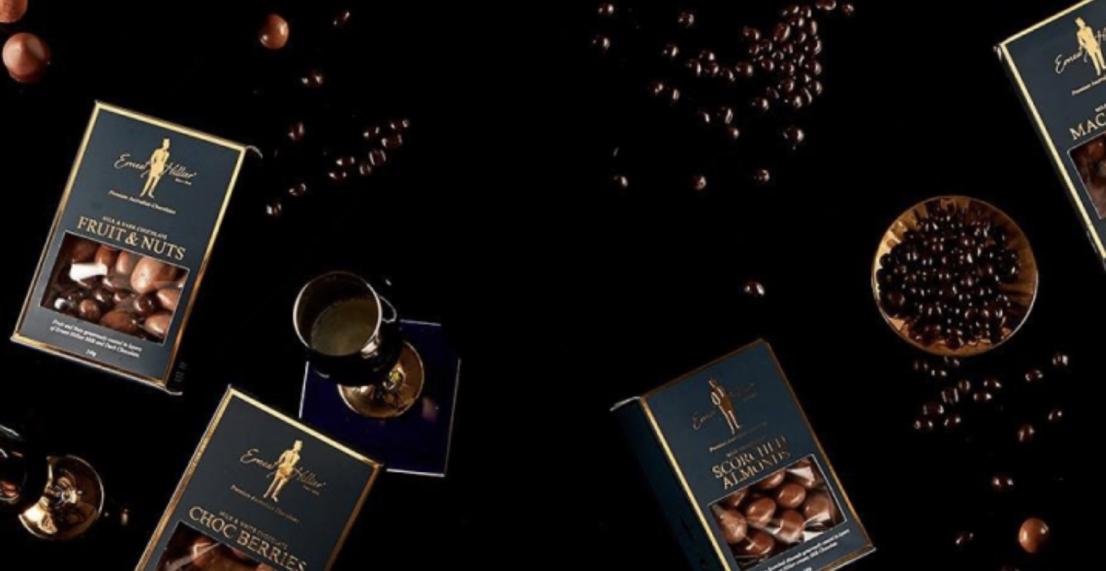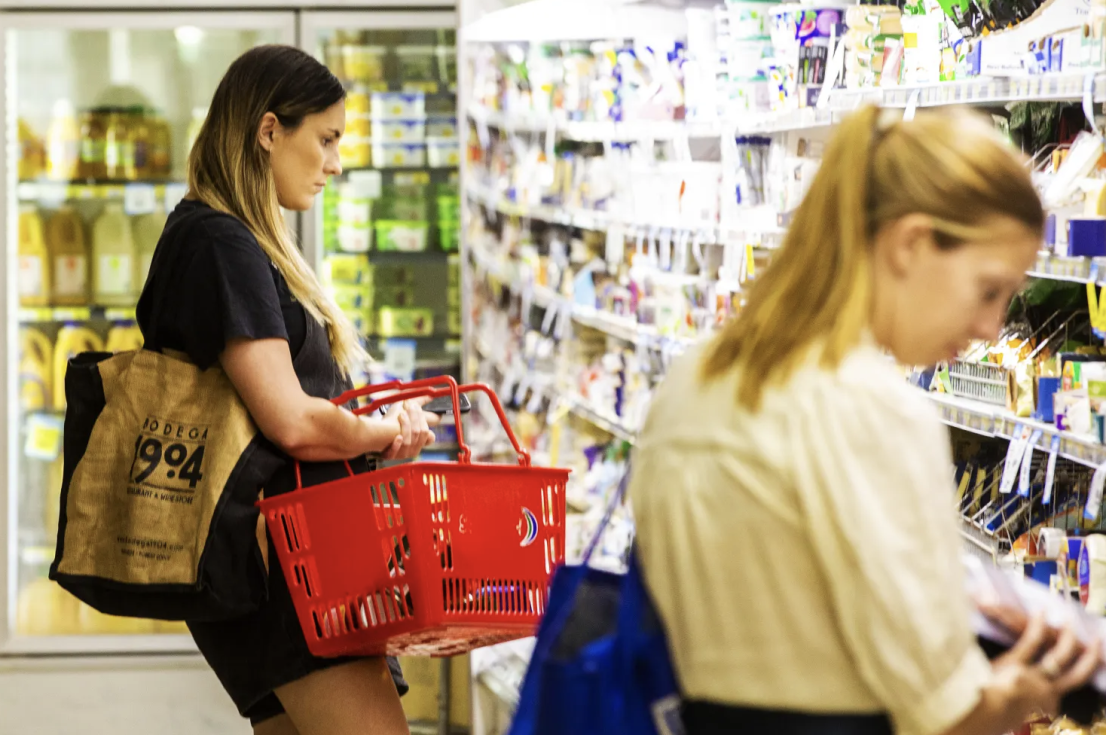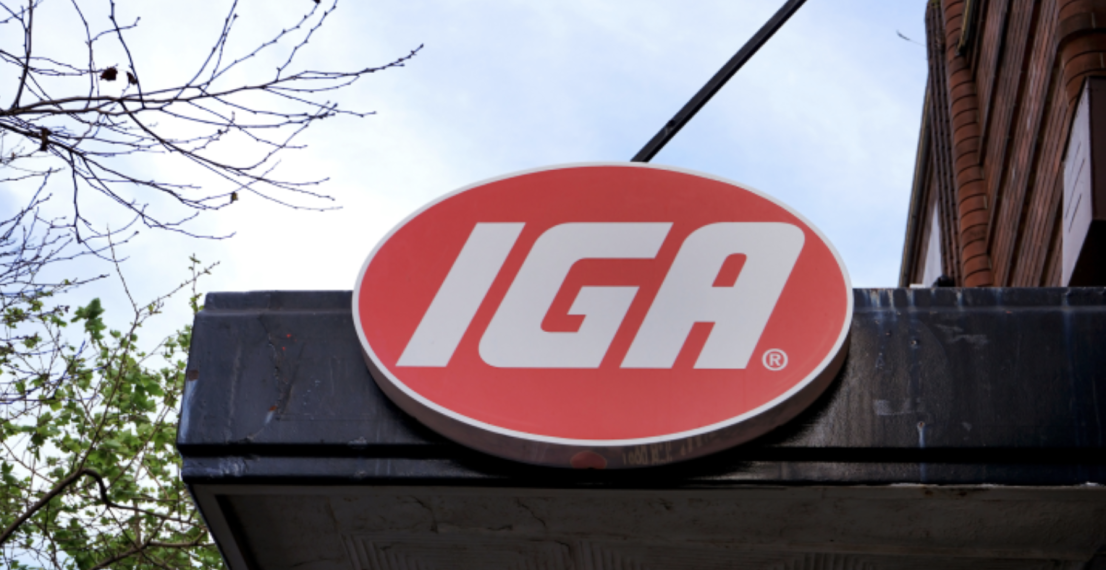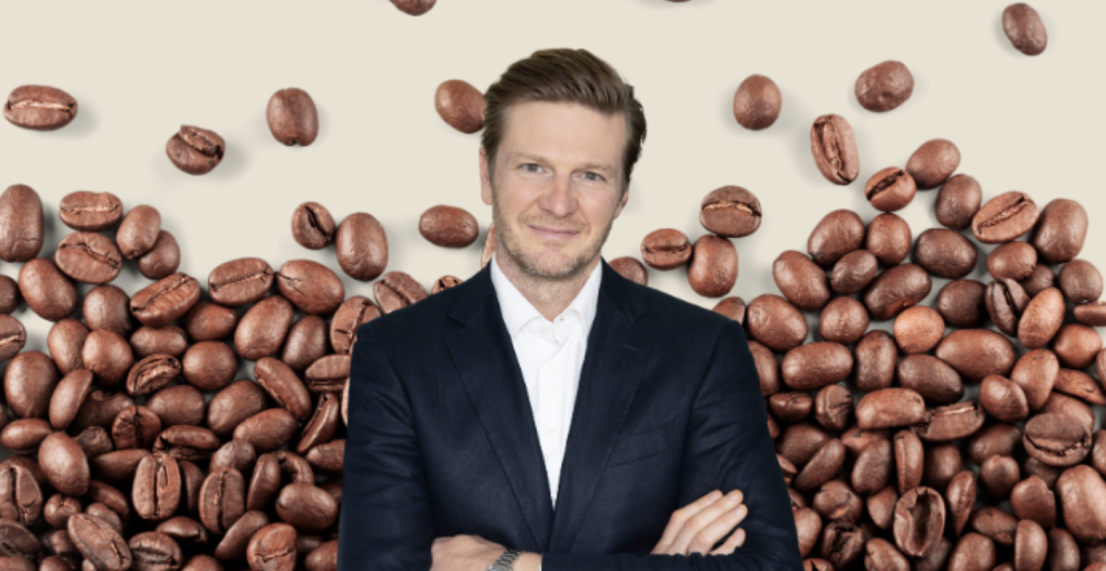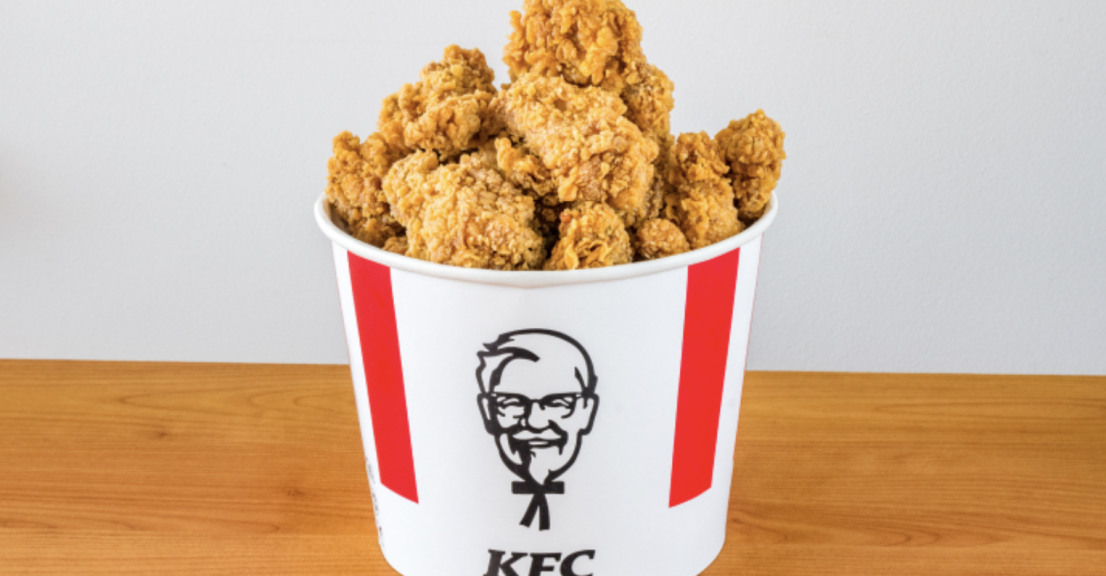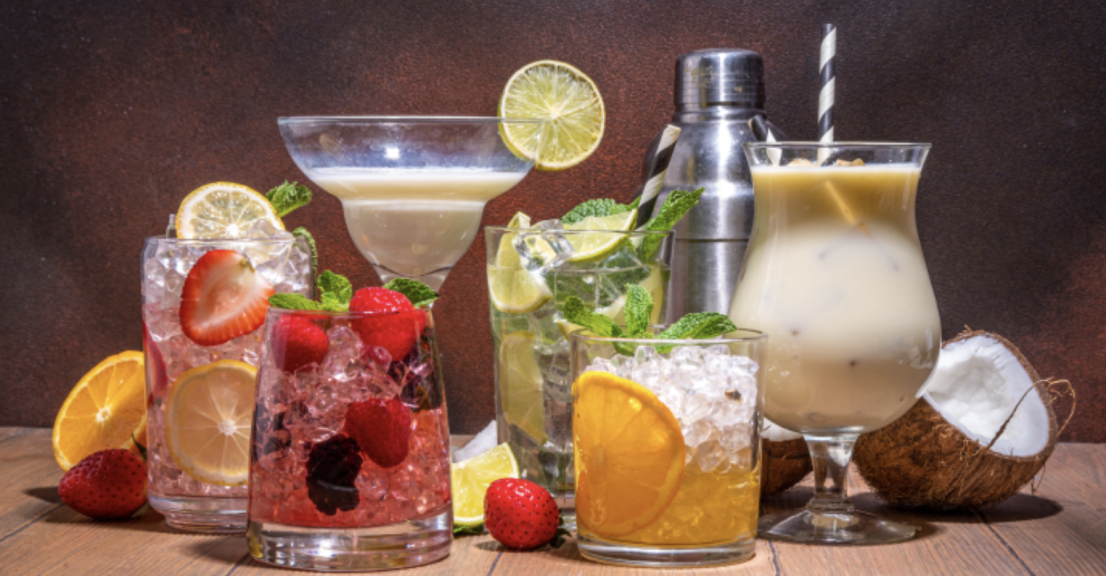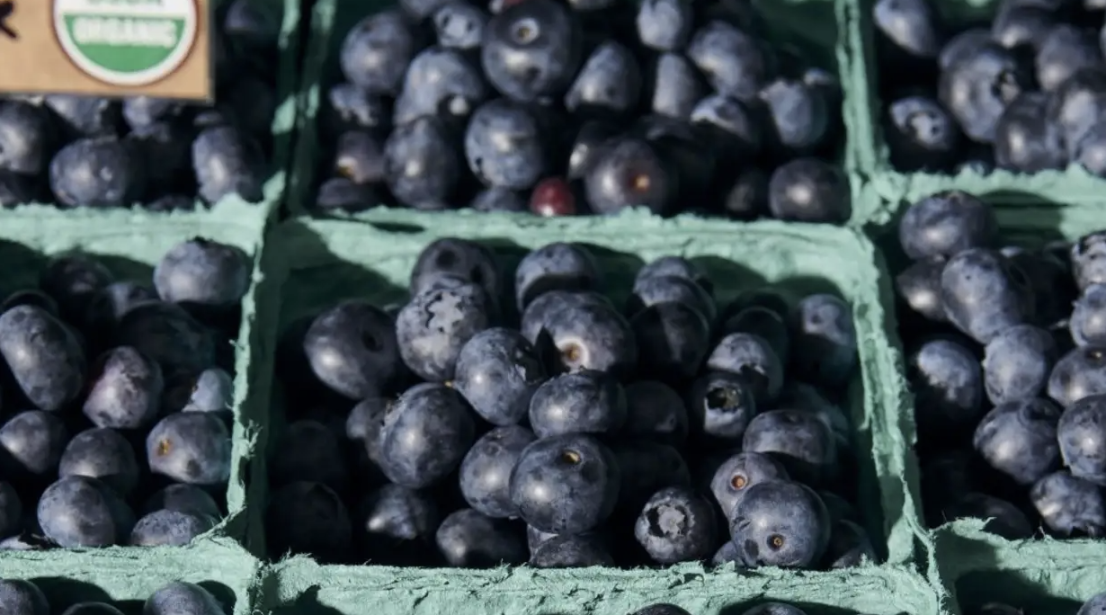
New York private equity firm Paine Schwartz Partners is closing in on a $1.62 billion acquisition of Costa Group that will be closely scrutinised by Macquarie as a major landlord to the citrus, berry and avocado producer.
Costa, Australia’s biggest horticultural company, confirmed on Tuesday it received a takeover offer from Paine pitched at $3.50 a share at the end of May, after the approach was revealed in The Australian Financial Review’s Street Talk column.
The Costa share price jumped almost 12 per cent to $3.31.
However, the grower, packer and marketer of fresh fruit and vegetables hosed down speculation a deal would be finalised within days. Costa said talks with Paine were expected to continue through most of July on a potential deal that leaves the door open for shareholders to pocket any interim dividend up to 4¢-a-share declared for the six-month period ended on July 2.
Paine, which floated Costa in 2015, acquired a near 14 per cent stake in Costa last October at a price of $2.60 a share, and started talks in April about a takeover offer in the range of $3.20 to $3.30 a share.
It followed up with a confidential and non-binding proposal at $3.50 a share on May 31.
Costa said Paine confirmed its intention to push ahead on Tuesday on the back of four weeks of due diligence. The offer tabled represents a 34.6 per cent premium on the price Paine paid for its stake back in October.
Macquarie, which in 2021 prevailed in a bidding war for Costa’s fruit orchard landlord Vitalharvest, is understood to be keeping a close eye on any change of control.
Macquarie Infrastructure and Real Assets owns four berry farms in NSW and Tasmania and three in South Australia’s Riverland leased to Costa. MIRA is also a landlord for Costa’s avocado orchards.
Wilsons Advisory head of research James Ferrier speculated that a focus of Paine’s interest might be around Costa’s berry varieties and IP in that area given the mix of agricultural technology businesses already in its portfolio.
“The berry IP is of course it’s a very capital light asset whereas the domestic farms, particularly the more industrialised production categories like tomatoes and mushrooms are very capital intensive,” he said.
Mr Ferrier said it was possible that Paine would look to bring in a partner seeking an annuity stream from Costa assets.
Morgans analyst Belinda Moore said Paine’s indicative offer was a great outcome for Costa shareholders given the “execution risk involved in delivering its growth projects and targeted returns over the next few years”, in a note to clients.
Morgans suggested the Costa earnings profile was too volatile for the listed market.
Wilsons judged the offer was at a hefty premium to the Costa share price before Paine made its presence felt in re-joining the register in October. However, Wilsons noted that Costa’s investments in boosting production over the past five years had not yet been reflected in earnings growth, and on that basis it could be argued the Paine bid undervalued Costa.
Mr Ferrier said Costa was in line for a big uplift in earnings based on consensus forecasts for the full year. “That’s primarily based on recovery in citrus yields and citrus quality that were impacted last year essentially by weather and weather related disease,” he said.
Paine is understood to have locked in approval from the Foreign Investment Review Board but may need to restart that process if co-investors become involved. The Costa board granted Paine an eight-week period of non-exclusive due diligence from June 6.
The deal comes amid a backdrop of rising supply and strong export demand which will drive record horticultural production value despite a slight easing of prices, according to the Australian agriculture mid-year outlook released on Tuesday by Bendigo and Adelaide Bank-owned Rural Bank.
Rural Bank tipped above-average fruit and vegetable production over the next six months and said relatively steady domestic consumption and high production costs would keep fresh fruit and vegetable prices above longer-term averages.
In a trading update in May that coincided with the company’s annual meeting, Costa said a return to warmer temperatures and lower rainfall was a positive for its operations, which revolve around growing citrus, berries, avocado, tomatoes, table grapes and mushrooms, after three consecutive La Nina weather events.
Costa aims to expand its footprint in China to 700 planted hectares by 2026.
The Paine bid for Costa comes with United Malt, another listed agriculture stock, set to disappear from the ASX via a $1.5 billion buyout offer from Malteries Soufflet.
The Costa family, who founded the business in 1959, allowed Paine – then based in Chicago and known as Paine & Partners – on board as a private equity partner in 2011.
The move paved the way for growth of the business and the 2015 float of the company.


